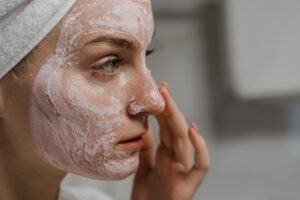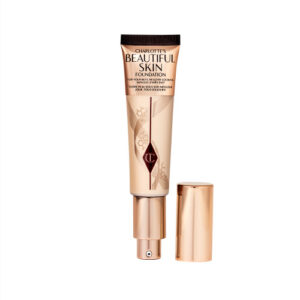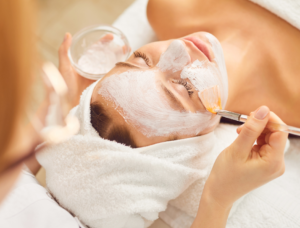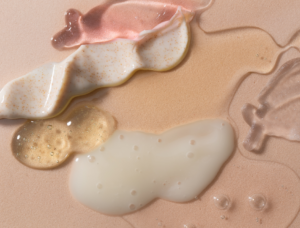Ah, the delightful world of DIY skincare—where your kitchen turns into a laboratory of potions, and your inner scientist emerges with measuring spoons in one hand and a cucumber slice mask on your face. If you’ve ever found yourself mixing honey with avocado for a homemade facial or whisking up a concoction of essential oils for that perfect serum, you’re not alone. DIY skincare has taken the beauty world by storm, promising the allure of tailor-made products crafted with love. But does it truly deliver radiant, Instagram-worthy results, or is it a Pinterest-perfect illusion? Let’s take a peek into the world of DIY skincare, exploring its pros and, of course, the slightly sticky cons that lurk amidst the shea butter and aloe vera.
The Pros of DIY Skincare:
1. Customization and Control
Pro: One of the most significant advantages of DIY skincare is the ability to customize products to suit your skin’s unique needs. You can tailor ingredients to address specific concerns, making it a personalized experience.
2. Cost-Effective
Pro: DIY skincare can be budget-friendly. Many natural ingredients found in your kitchen or local health store can replace costly commercial products.
3. Transparency and Natural Ingredients
Pro: DIY recipes often rely on natural ingredients, allowing you to control what goes on your skin. You’ll know exactly what’s in your skincare creations.
4. Creativity and Fun
Pro: Mixing your skincare products can be an enjoyable and creative process. It’s a great way to experiment with different ingredients and textures.
The Cons of DIY Skincare:
1. Safety and Hygiene
Con: DIY skincare requires rigorous attention to cleanliness and hygiene. If not handled properly, homemade products can become breeding grounds for bacteria, leading to skin issues.
2. Lack of Expertise
Con: Crafting effective skincare products demands knowledge of ingredients, their interactions, and their effects on various skin types. Without expertise, DIY products may be ineffective or even harmful.
3. Risk of Allergies and Sensitivities
Con: Natural ingredients can trigger allergies or skin sensitivities in some individuals. Without proper testing, you might unknowingly irritate your skin.
4. Stability and Shelf Life
Con: Homemade skincare products lack the stability and preservatives found in commercial alternatives. They may spoil quickly, leading to wasted efforts and potentially harmful ingredients.
5. Inconsistent Results
Con: Achieving consistent results with DIY skincare can be challenging. The potency of ingredients may vary, making it hard to replicate the same product each time.
Conclusion: A Balancing Act
DIY skincare offers a canvas for creativity and personalization while potentially saving you some cash. However, it’s crucial to approach it with caution and knowledge. If you decide to embark on a DIY skincare journey, research ingredients thoroughly, follow recipes diligently, and prioritize cleanliness.
For those seeking expert guidance, commercial skincare products backed by research and formulated by professionals can provide a reliable and convenient skincare routine. Ultimately, the choice between DIY and commercial skincare comes down to your preferences, skin needs, and the balance you strike between creativity and expertise.
Remember, your skin deserves the best, whether it’s crafted by your own hands or delivered in a sleek package. Choose wisely, and may your skincare journey be filled with radiant, healthy skin!
DIY skincare can be a delightful adventure, but it’s essential to weigh the pros and cons before diving in. Whether you choose DIY or commercial products, your skin’s health and happiness should always be the ultimate goal.







